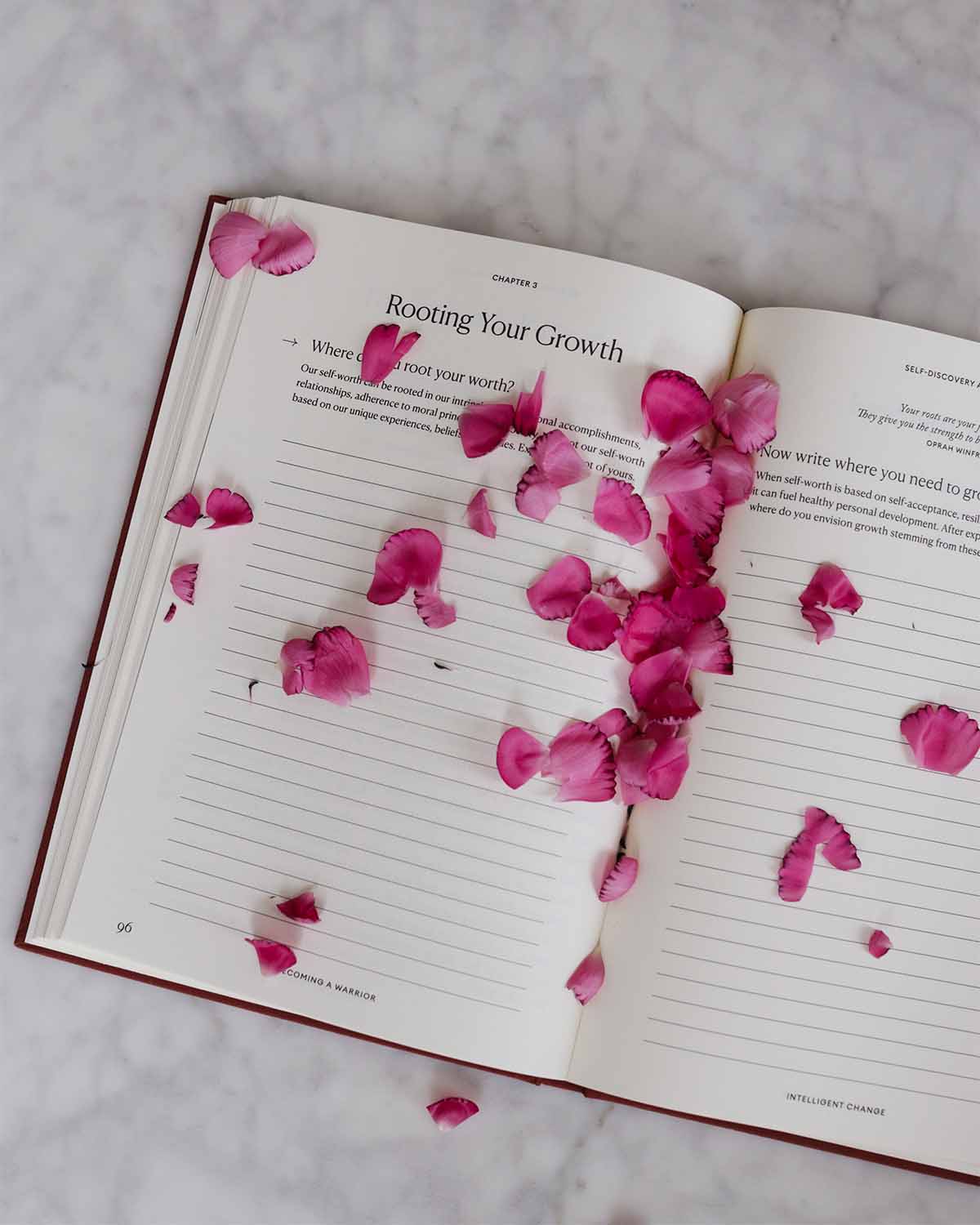Cultivate Your Own Garden

The metaphor of cultivating your own garden has been used in various ways throughout history, but it is most famously associated with the French philosopher Voltaire. In his novel Candide, Voltaire uses the character of Candide to satirize the idea of philosophical optimism, which held that everything in the world was ultimately for the best. At the end of the novel, Candide comes to the conclusion that the key to happiness is to cultivate one's own garden.
This means that instead of trying to change the world or worrying about the problems of others, you should focus on tending to your own life and finding joy in simple pleasures.
The metaphor has since been used in various contexts to convey the idea of taking responsibility and full ownership for your own happiness and well-being, and of finding peace and fulfillment in the small, everyday moments of life. It suggests that the same way a garden requires careful attention and nurturing to thrive, so too does your own peace of mind and sense of well-being.
Cultivating your own garden, in the sense of cultivating your peace of mind, is a process that requires mindful intention, effort, and patience. Here are some steps you can take to tend to your own garden:
1. Identify what brings you peace
Start by thinking about what hobbies, activities, moments, and people bring you a sense of serenity and happiness. This could include spending time in nature, practicing mindfulness, listening to calming music, or being with loved ones. Knowing what brings you peace will help you to create a clear action plan for cultivating it and incorporating more of these practices into your daily routine.
2. Create a peaceful environment
Consider the physical environment in which you spend most of your time and think about how you can make it more calming and empowering. This might involve decluttering and organizing your space, adding plants or other inspiring elements, or creating a space for meditation or relaxation.
3. Practice mindfulness
Mindfulness is the practice of being fully present in the moment, without judgment. It can help to reduce stress and anxiety and increase feelings of emotional well-being. You can practice mindfulness through meditation, breathing exercises, journaling, or simply by being present in the moment.
4. Take care of your body
Your body and mind are interconnected, so taking care of your body can help to cultivate peace of mind. This includes eating a healthy diet, moving your body, and getting enough sleep.
5. Set boundaries
Setting boundaries with others is an important part of cultivating your peace of mind. This means learning to say no to things that don't align with your values or priorities, and setting limits on your time and energy.
6. Practice gratitude
Focusing on what you're grateful for can help to shift your perspective and increase feelings of contentment and peace. You can practice gratitude by keeping a journal, taking time each day to reflect on what you're grateful for, or expressing gratitude to others.
7. Create meaning
When you create something that has meaning and value, you are making a positive impact on the world. Whether it's through helping others, inspiring change, or simply making people's lives better, creating meaning leads to a greater sense of serenity, purpose, and fulfillment in your life.
8. Cultivate love
When you approach life from the place of love, you focus on the good in yourself and others, rather than dwelling on negative thoughts and emotions. By cultivating love in your life, you create a positive feedback loop of positive, empowering emotions, leading to greater inner peace, harmony, and a more fulfilling life.
Remember, cultivating your own garden takes time, effort, and love. Be patient with yourself and celebrate small wins along the way. With consistency and commitment, you can create a more peaceful and fulfilling life for yourself.







